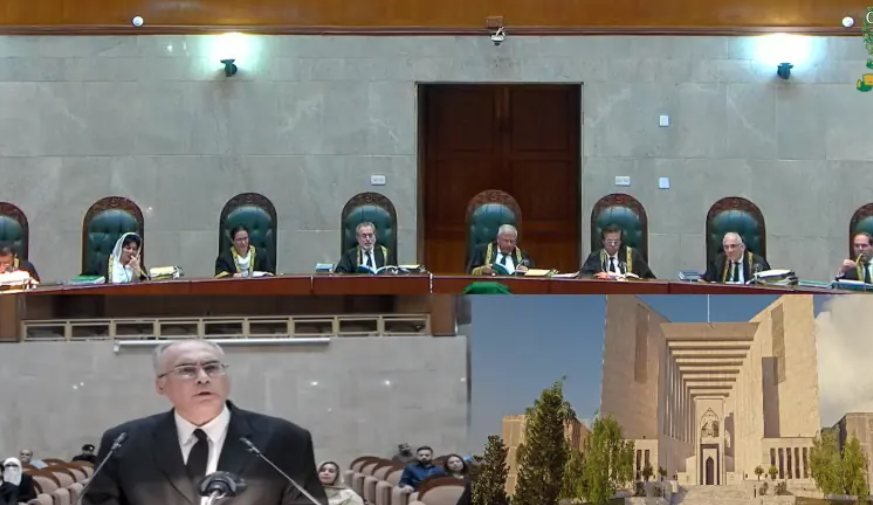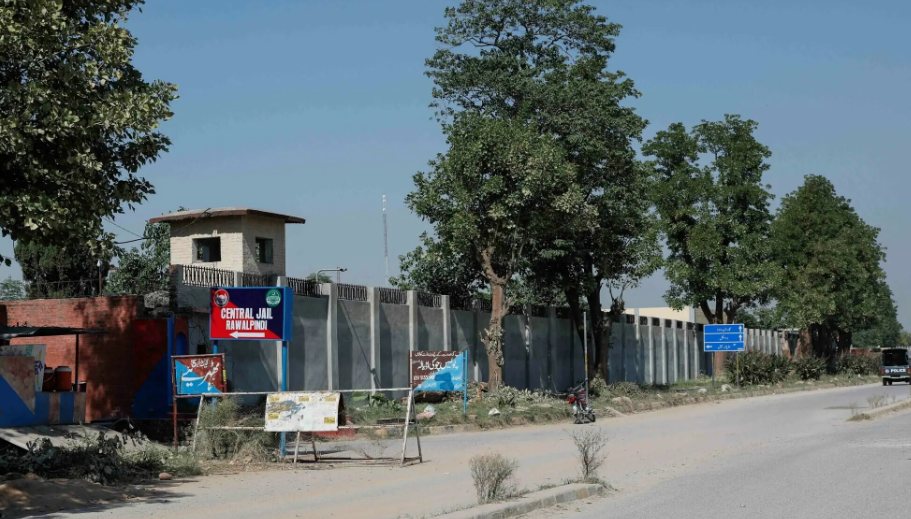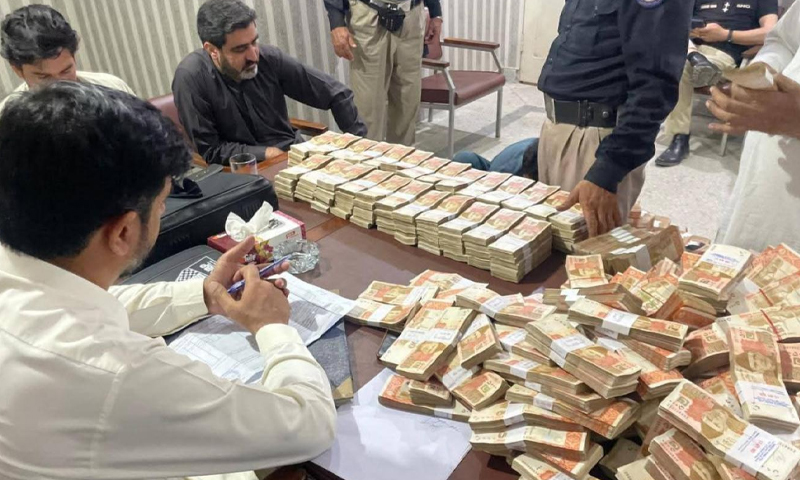LEGAL

Justice Shahid Bilal Hassan on Thursday observed that disregarding Article 191A — the constitutional provision under which the Supreme Court’s Constitutional Bench (CB) was formed through the 26th Amendment — would effectively amount to granting the petitioners “final relief” in their challenge to the amendment itself.
His remarks came during the CB’s hearing of more than three dozen petitions challenging the 26th Constitutional Amendment, which was passed by Parliament during a midnight session in October last year.
The 26th Amendment has been at the heart of a constitutional debate, as it significantly altered the judiciary’s structure and powers. It removed the Supreme Court’s suo motu authority, fixed the Chief Justice of Pakistan’s (CJP) tenure at three years, and empowered a Special Parliamentary Committee to appoint the CJP from among the three most senior judges. The amendment also paved the way for forming the Constitutional Bench, which now finds itself examining the very law that established it.
Tensions Over Article 191A and Full Court Demand
During Thursday’s proceedings, Advocate Uzair Bhandari, representing the Sunni Ittehad Council (SIC), presented arguments on the “current value” of the 26th Amendment.
Justice Jamal Khan Mandokhail questioned whether a full court could be constituted and asked Bhandari to clarify which bench could hear the petitions. The SIC counsel argued that full courts “always exist” under Article 176, which defines the composition of the Supreme Court.
Justice Mandokhail quipped, “Would a full court be formed on wishes or as per law?” to which Bhandari replied, “According to the law.”
Justice Mohammad Ali Mazhar reiterated a central issue raised in previous hearings: “How can Article 191A, due to which this bench was constituted, be ignored?”
Justice Hassan echoed the concern, noting, “You are making us ignore Article 191A, but also want this bench to pass an order. Ignoring Article 191A would amount to granting you final relief.”
Bhandari maintained that his petition did not seek the suspension of the 26th Amendment itself, cautioning that suspending it would strip the CB of jurisdiction to hear the case at all.
Justice Ayesha Malik later observed that Article 191A did not “take away powers” but rather vested them in the Supreme Court. “No jurisdiction has been taken away anywhere,” she remarked.
Bench Composition and Adjournment
The eight-member CB, headed by Justice Aminuddin Khan, includes Justices Jamal Khan Mandokhail, Mohammad Ali Mazhar, Ayesha Malik, Syed Hasan Azhar Rizvi, Musarrat Hilali, Naeem Akhter Afghan, and Shahid Bilal Hassan.
The court adjourned the hearing till November 10, with instructions that a new date may be fixed if the bench is unavailable that day.
During the session, retired Justice Shahid Jamil Khan, representing another petitioner, requested that his arguments be heard after returning from abroad in early November.
Petitioners’ Demands for Full Court
Multiple petitioners — including senior lawyers Hamid Khan, Munir A. Malik, Khwaja Ahmed Hosain, Salahuddin Ahmed, and Abid Shahid Zuberi — have called for a full court comprising all sitting Supreme Court judges to hear the constitutional challenge.
Some have argued for a 16-member full court based on the number of judges present in October 2024, while others advocate for a 24-member full court that includes six judges appointed after the amendment’s passage.
The justices have questioned whether the Constitutional Bench has the authority to order the formation of such a full court.
Background of the 26th Amendment
The 26th Constitutional Amendment has faced widespread criticism from opposition parties, legal experts, and bar associations who view it as a threat to judicial independence.
Petitioners argue that the amendment was passed under duress, citing claims by PTI that seven of its lawmakers were “abducted” and by BNP-Mengal that two of its senators were “pressured” to support the bill.
They have urged the Supreme Court to strike down the entire amendment, or at minimum, nullify clauses that undermine judicial independence — including those relating to the appointment and evaluation of judges, and the formation of constitutional benches.
The hearings, which have been live-streamed on the Supreme Court’s YouTube channel since October 8, will continue next month to determine whether the petitions should be heard by a full court or the existing eight-member CB.




